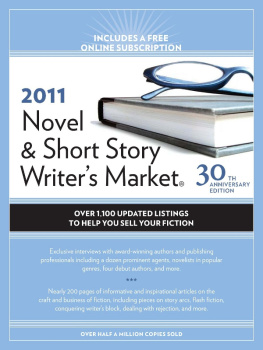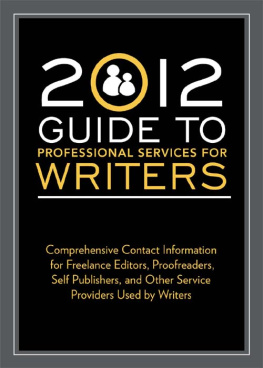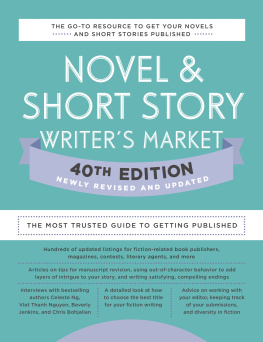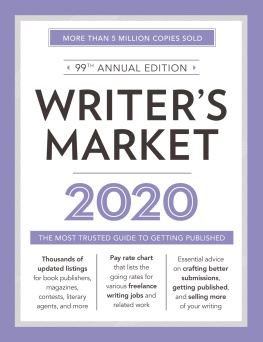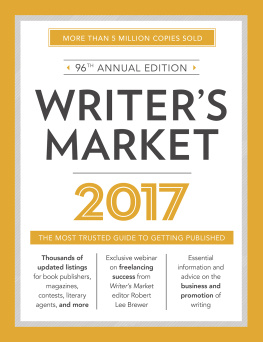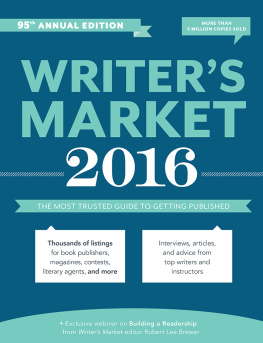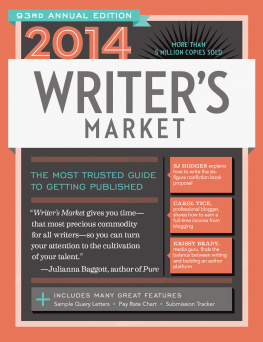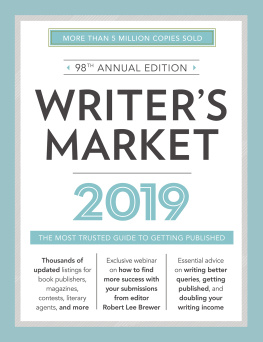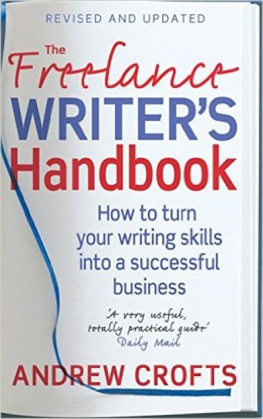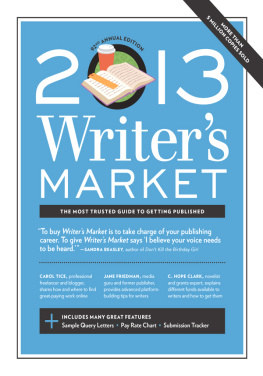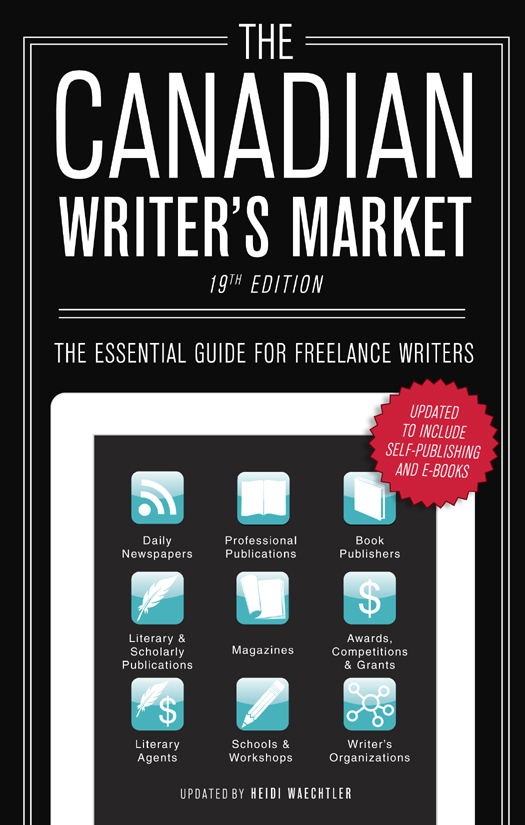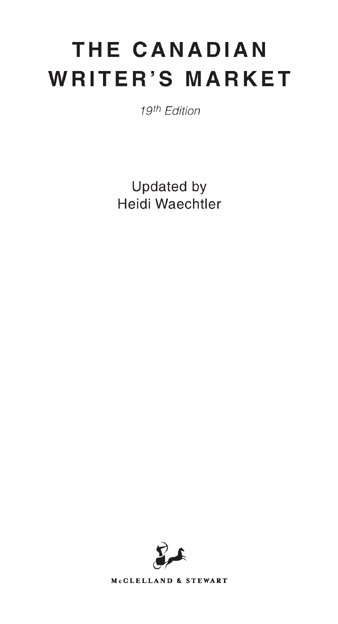Copyright 2013 by McClelland & Stewart,
a division of Random House of Canada Limited All rights reserved. The use of any part of this publication reproduced, transmitted in any form or by any means, electronic, mechanical, photocopying, recording, or otherwise, or stored in a retrieval system, without the prior written consent of the publisher or, in case of photocopying or other reprographic copying, a licence from the Canadian Copyright Licensing Agency is an infringement of the copyright law. Catalogue information can be found at Library and Archives Canada.
eISBN: 978-0-7710-4623-0 Published simultaneously in the United States of America by McClelland & Stewart, a division of Random House of Canada Limited, P.O. Box 1030, Plattsburgh, New York 12901 Library of Congress Control Number: 2009935322 Additional editorial support provided by: Rachel Geertsema McClelland & Stewart, a division of Random House of Canada Limited
One Toronto Street
Suite 300
Toronto, Ontario
M5C 2V6
www.mcclelland.com v3.1
Contents
INTRODUCTION
You may write for your own enjoyment or for the challenge of it, but its not until your work is publishedmade publicthat you can truly call yourself a writer. Presumably, too, you write in the hope of making some money.
The Canadian Writers Market is designed to serve both the aspiring and the experienced freelance writer who wants to get his or her work published but needs some guidelines and/or accurate up-to-date listings of potential markets.
The Canadian Writers Market is designed to serve both the aspiring and the experienced freelance writer who wants to get his or her work published but needs some guidelines and/or accurate up-to-date listings of potential markets.
Use this reference tool as a guide to prepare your manuscript, acquire a literary agent, approach an editor, evaluate a contract, choose a writing class, find style guides and how- to writing books, join a writers organization, obtain funding, or enter a writers competition. Refer to it also to determine which publishers to pursue and what they pay for freelance work. This new, nineteenth edition of The Canadian Writers Market includes the most current information available on market opportunities in Canadian publishing. It is an industry in flux and expansion, where data change with regularity, making it imperative that this reference book maintain the standard of accuracy freelance writers have come to depend upon. Back in the 1970s, when The Canadian Writers Market was first published, the country sported a mere 100 consumer magazines, about 150 trade journals, two dozen or so farm publications, and 147 book publishers. The Canadian Writers Market has always kept pace. The Canadian Writers Market has always kept pace.
This edition lists only English-language publishers and publications, although some publishers are bilingual. Readers looking to sell their work in the French-language market in Canada should examine CARD and CARDonline for French-language magazines and Quill & Quires biannual guide, the Canadian Publishers Digest, for a full listing of French-language book publishers. As in previous editions, The Canadian Writers Market puts magazines into three groups: Consumer Magazines; Literary & Scholarly Publications; and Trade, Business, Farm, & Professional Publications. To facilitate your research to find a suitable market, or to recycle an article to other buyers, these groups have been broken down further, according to subject. Consumer magazines appear in fourteen sub-groups: arts and cultural; business; city and entertainment; the environment; feminist; general interest; home and hobby; lifestyle; news, opinions, and issues; special interest; sports and outdoors; travel and tourism; womens; and youth and childrens. Trade publications are divided into twenty-one sub-sections according to the professions or trades they serve.
A section of prominent business journals is included in . Inevitably, however, these classifications are somewhat arbitrary and have a tendency to overlap. Even the distinction between consumer and trade publications is sometimes difficult to delineate. Some trade periodicalsthe book industrys Quill & Quire, for instancehave such a general popularity that they are considered consumer magazines.
Manuscripts
As a freelance writer, your manuscript is your product, and it should have a professional, uncluttered appearance. That means it ought to be as grammatically correct as you can make it and without any spelling mistakes.
The more editorial work the publisher has to do on your article or book, the more expensive and time-consuming it becomes to produce; consequently, the less attractive it becomes. A manuscript should be presented on standard 8-by-11-inch, 20-pound, white bond paper. Your work should be computer-generated, so later it can be formatted from your electronic files. The font you select must be easily readable; italic or sans-serif typefaces should not be used as your primary font. The manuscript must be double-spaced and the margins at least one inch wide; this gives an editor space in which to write suggestions, queries, and editorial notations. The main body of text should be justified to the left-hand margins, and each page must be numbered.
The first page of your manuscript should prominently display the title of your work followed by your name. In one corner put your name again with your mailing address, phone number, and e-mail address. It is also a good idea (but not necessary) to include on this sheet a copyright notice ( Mary Smith) and the word count. To begin each chapter, start partway down the page with the chapter number and its title, if any. A manuscript should not be bound or stapled; this impedes the editorial process. For a book-length manuscript, simply fasten it with elastic bands and support it between two sheets of cardboard, front and back, or better still, place it in a box.
A magazine article can be secured with paper clips. Never send a publisher the only copy of your work. If you are submitting your article in response to an editors invitation or if you have signed a contract with a book publisher, it is likely you will be asked for an electronic copy of your work as well. Inquire as to what program and format is required. Microsoft Word is usually a safe bet.
Style
By style, most book and magazine editors mean the conventions of spelling, punctuation, and capitalization.
Style
By style, most book and magazine editors mean the conventions of spelling, punctuation, and capitalization.
There is, of course, no universally accepted manual for style because it varies from periodical to periodical, publishing house to publishing house, fiction to non-fiction, from genre to genre, and from discipline to discipline. Writers should remember, however, that style is an integral part of their craft, and by showing a blatant disregard for it, they can quite inadvertently prejudice an editor against their work. Writers are expected to observe at least some of the basic house rules, and these should be obvious in what has already been published by those magazines and book-publishing houses for which they aspire to write. If they are not, the writer is always wise to find out as much as possible about what these rules are, and what stylistic traitsas idiosyncratic as many may appear to beare preferred. Canadian newspapers generally follow the


